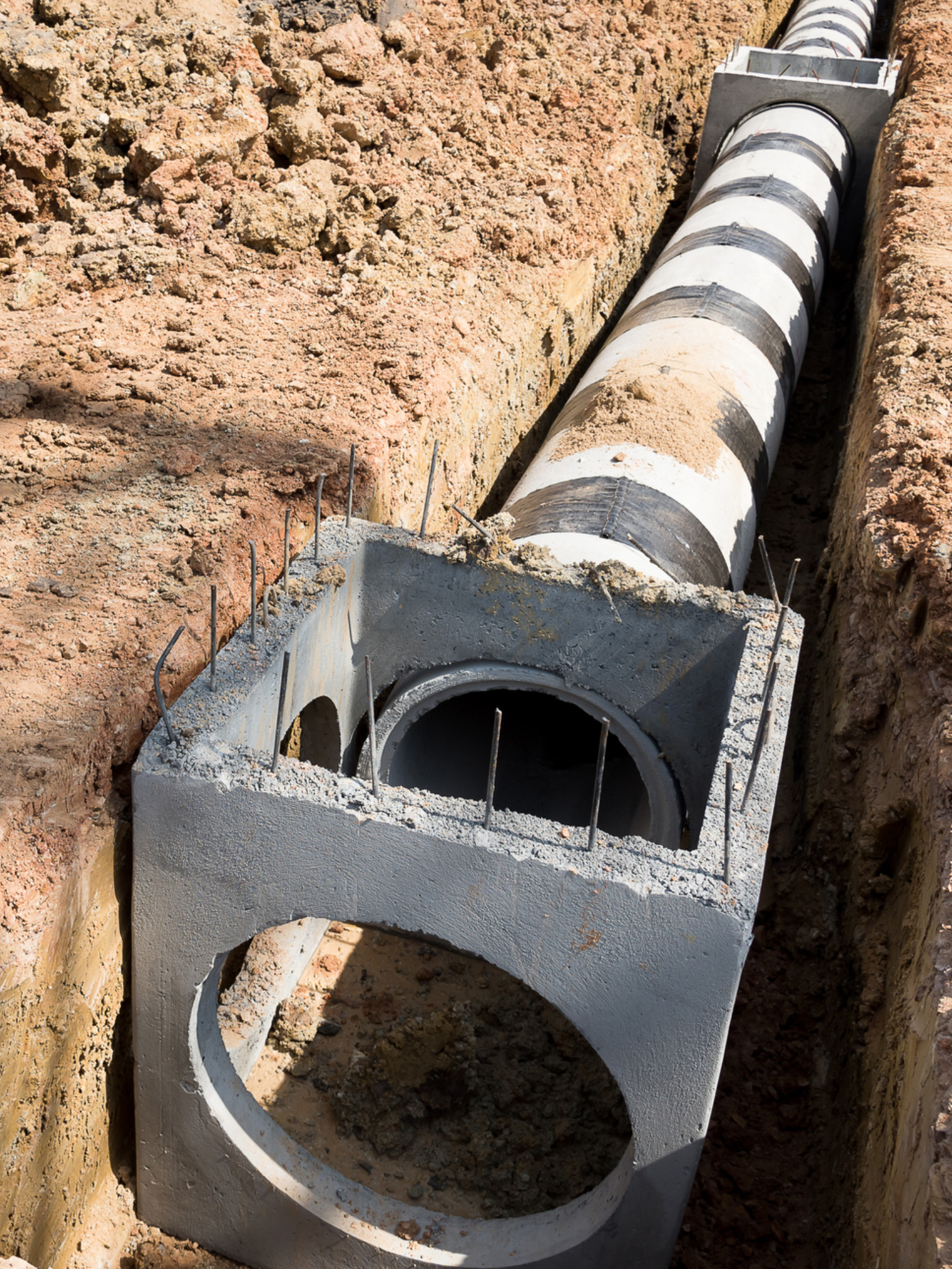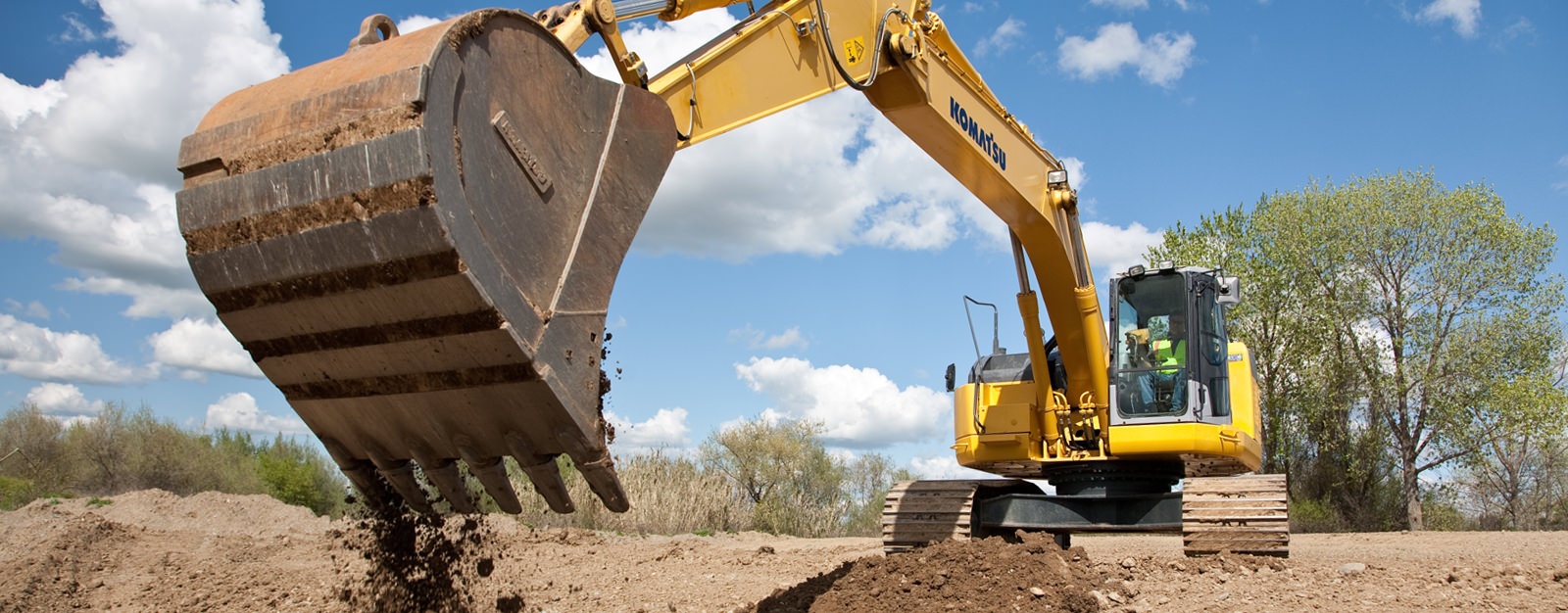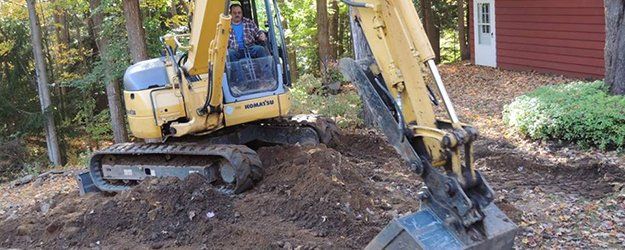Residential Excavating Ohio - Specialized Excavation for Ohio Homes
Residential Excavating Ohio - Specialized Excavation for Ohio Homes
Blog Article
Unveiling the Art of Excavation: Pro Tips for Safe and Efficient Excavating
As dirt is turned and planet is relocated, the ins and outs of excavation disclose themselves, requiring an eager understanding of tools, dirt composition, security protocols, and ecological factors to consider. The proficiency needed to navigate these components efficiently can suggest the difference between a successful excavation job and a prospective calamity.
Significance of Appropriate Tools
To make certain the security and efficiency of any excavation project, using the suitable devices is critical. The right tools not just enhance efficiency yet additionally reduce risks linked with excavating. Excavation tasks vary in extent and intricacy, varying from little domestic landscaping work to large-scale building and construction undertakings. No matter the project dimension, having the right devices can make a significant difference in the end result.
Excavators are essential pieces of equipment in any digging procedure. These functional machines been available in different dimensions to match various job requirements. Mini excavators are excellent for smaller sized tasks, while larger excavators take on a lot more substantial tasks effectively. Backhoes are another important tools type, incorporating the functions of a loader and an excavator in one machine. They are valuable for tasks needing flexibility and maneuverability.
Excavators succeed in tasks that require pressing large quantities of soil or particles. By investing in the ideal tools, excavation jobs can be completed safely, on time, and with precision.
Understanding Dirt Make-up
A comprehensive grasp of soil structure is basic for performing excavation jobs with precision and safety. Understanding the various types of dirt is essential as it straight affects excavation methods, devices option, and overall job efficiency.
Silt fragments are smaller sized than sand however bigger than clay, providing modest drain and communication. Organic issue, such as decaying plant product, impacts dirt fertility and stability.
Prior to beginning excavation, performing soil examinations to determine its composition and qualities is crucial. This information assists in picking the suitable devices, carrying out precaution, and creating excavation approaches customized to the certain soil conditions - excavating ohio. By comprehending dirt structure, excavation specialists can enhance task results while making sure safety and adherence to best practices
Security Measures and Procedures
Understanding dirt composition is the cornerstone upon which precaution and procedures for excavation jobs are developed, ensuring the well-being of employees and the success of the endeavor. There are a number of essential procedures that must be applied to mitigate dangers and stop mishaps. when it comes to security during excavation.
Primarily, before any excavating starts, an extensive examination of the site ought to be carried out to determine any possible threats such as underground energies, unstable dirt problems, or neighboring frameworks that could posture a threat. It is crucial to have a skilled individual oversee the excavation process to guarantee that all security methods are complied with strictly.
Furthermore, all workers associated with the excavation should be appropriately trained in safe digging methods and the proper operation of tools. Personal protective devices (PPE) such as construction hats, high visibility clothing, handwear covers, and security boots should be put on in any way times to decrease the risk of injuries. dump truck companies in ohio. Routine safety conferences and tool kit talks ought to also be conducted to maintain all employees educated about potential risks and reinforce secure job techniques. By adhering to these precaution and procedures, excavation jobs can be finished efficiently and without occurrence.
Effective Excavation Preparation
When starting an excavation task, meticulous preparation is necessary his response to ensure efficiency, security, and effective results. Effective excavation planning includes numerous key actions that are important for the smooth execution of the project. The very first step is to perform a thorough site analysis to recognize any kind of potential risks, such as underground utilities or unstable soil conditions. This info is essential for establishing a detailed excavation strategy that includes safety measures and risk mitigation strategies.
As soon as the website analysis is complete, the following action is to develop a clear timeline and timetable for the excavation tasks. This includes figuring out the sequence of tasks, tools requirements, and workforce allotment. Correct organizing helps avoid hold-ups and ensures that the job remains on track.

Furthermore, communication among all employee is paramount during the preparation phase. Clear instructions, routine updates, and reliable control are crucial for an effective excavation project. By spending time and effort in precise preparation, excavation groups can considerably boost efficiency, decrease dangers, and accomplish effective outcomes.

Handling Environmental Considerations
With increasing emphasis on environmental sustainability in building practices, handling ecological factors to consider has come to be an important aspect of excavation tasks. Excavation activities have the potential to influence the surrounding atmosphere through dirt disintegration, debris runoff, habitat interruption, and contamination of water sources. To mitigate these risks, it is crucial to carry out best methods that focus on environmental defense.

Moreover, proper waste administration is critical to stop soil and water contamination. Executing procedures for the disposal of unsafe products, recycling of waste materials, and minimizing using unsafe chemicals can considerably minimize the read the article ecological influence of excavation tasks. By incorporating these practices into excavation preparation and implementation, building and construction firms can make certain that their jobs are not just risk-free and effective yet also eco accountable.
Conclusion
In conclusion, grasping the art of excavation needs an extensive understanding of correct equipment, dirt composition, precaution, and reliable planning. By following these guidelines and thinking about ecological factors, excavations can be performed securely and successfully. It is crucial to focus on safety and security and performance in every excavating project to make certain successful end results.
As dirt is transformed and planet is relocated, the details of excavation reveal themselves, requiring a keen understanding of tools, dirt make-up, safety and security protocols, and environmental factors to consider.To guarantee the security and performance of any type of excavation project, making use of the appropriate equipment is critical.A thorough grasp of soil make-up is fundamental for carrying out excavation projects with precision and safety and security. Understanding the various types of soil is important as it straight impacts excavation techniques, tools option, and overall project effectiveness. By understanding dirt make-up, excavation specialists can enhance project results while ensuring safety and security and adherence to right here finest methods.
Report this page